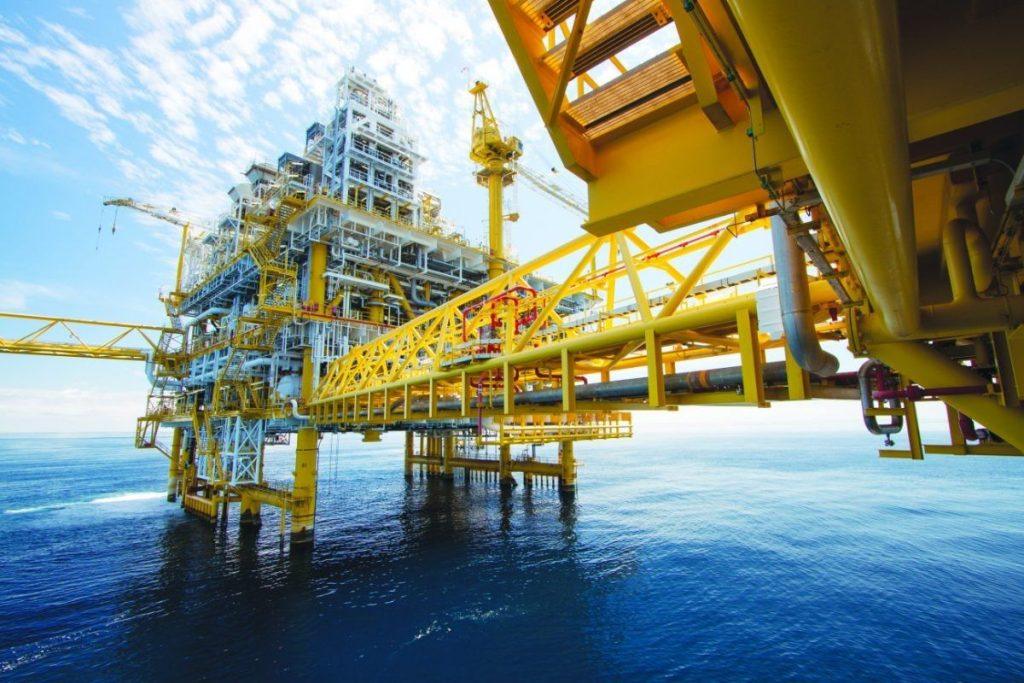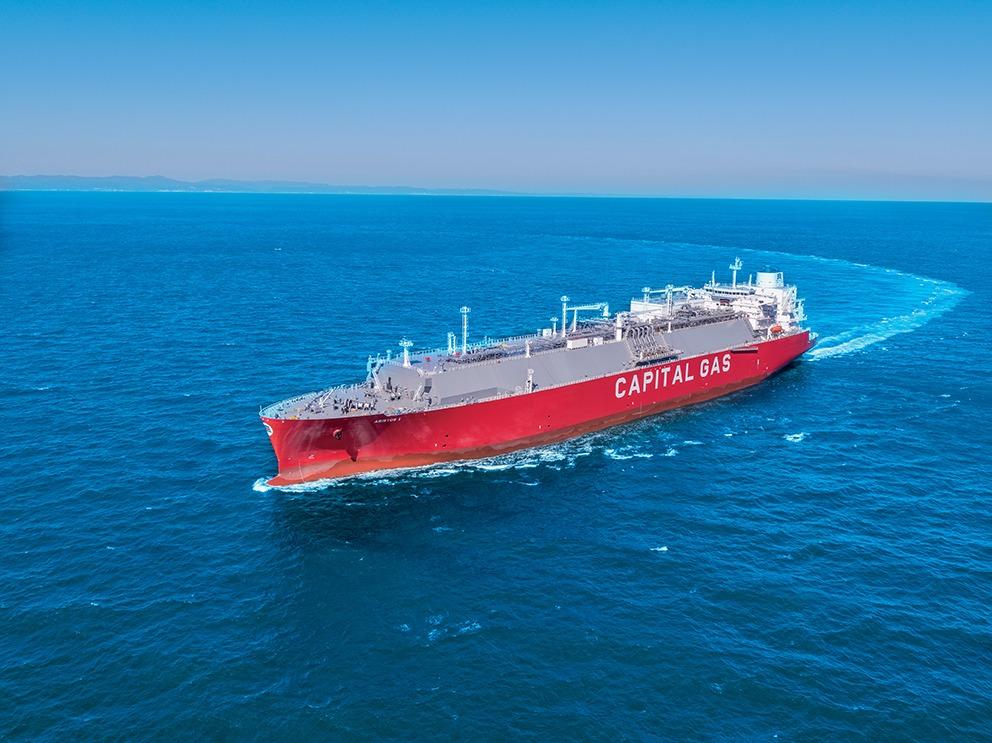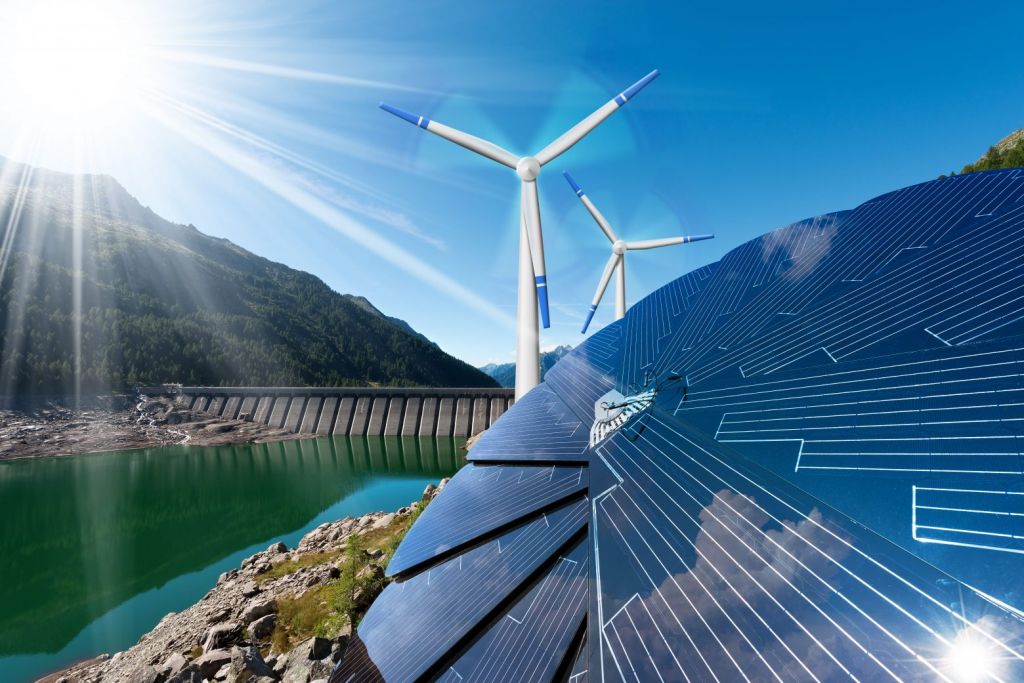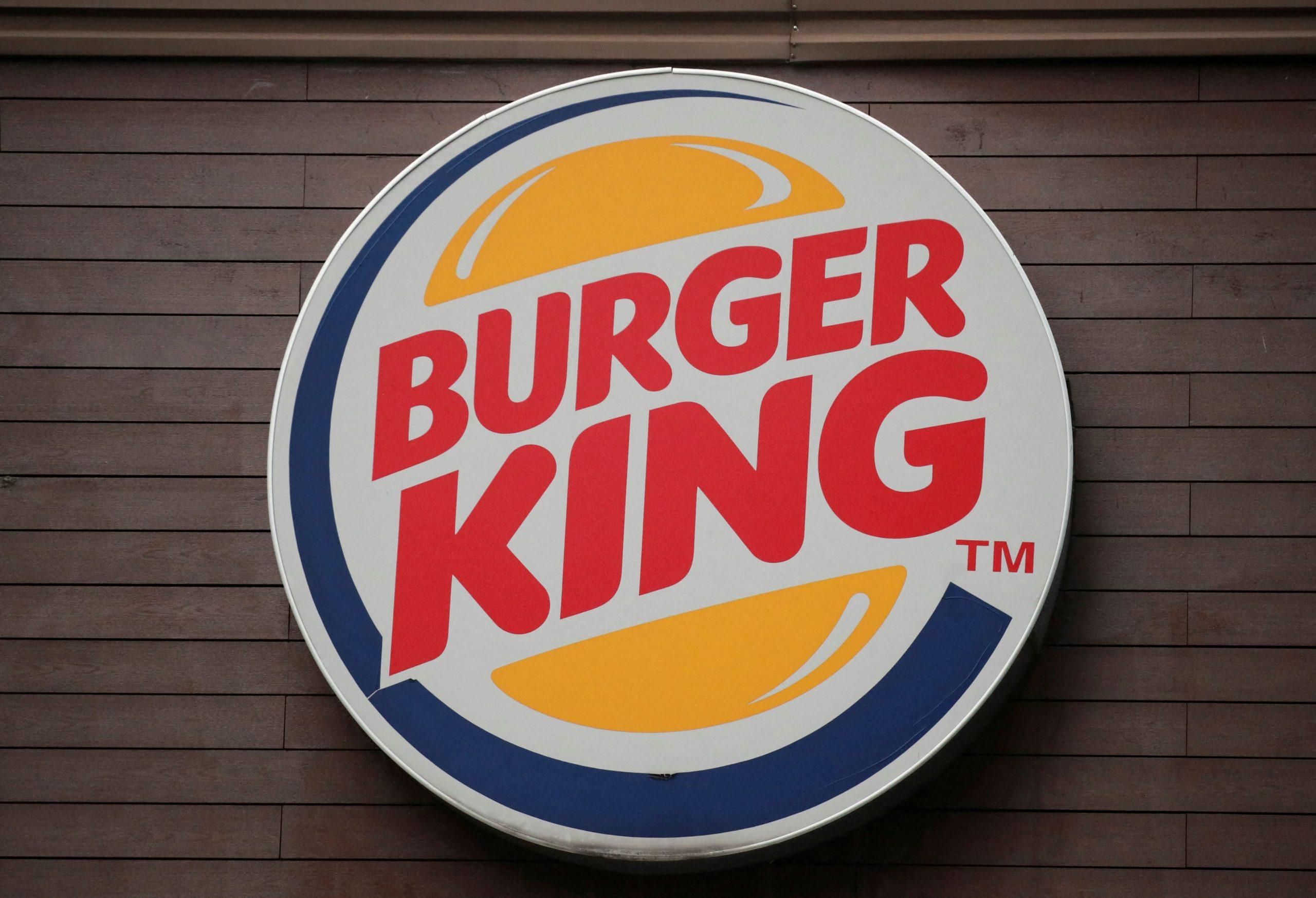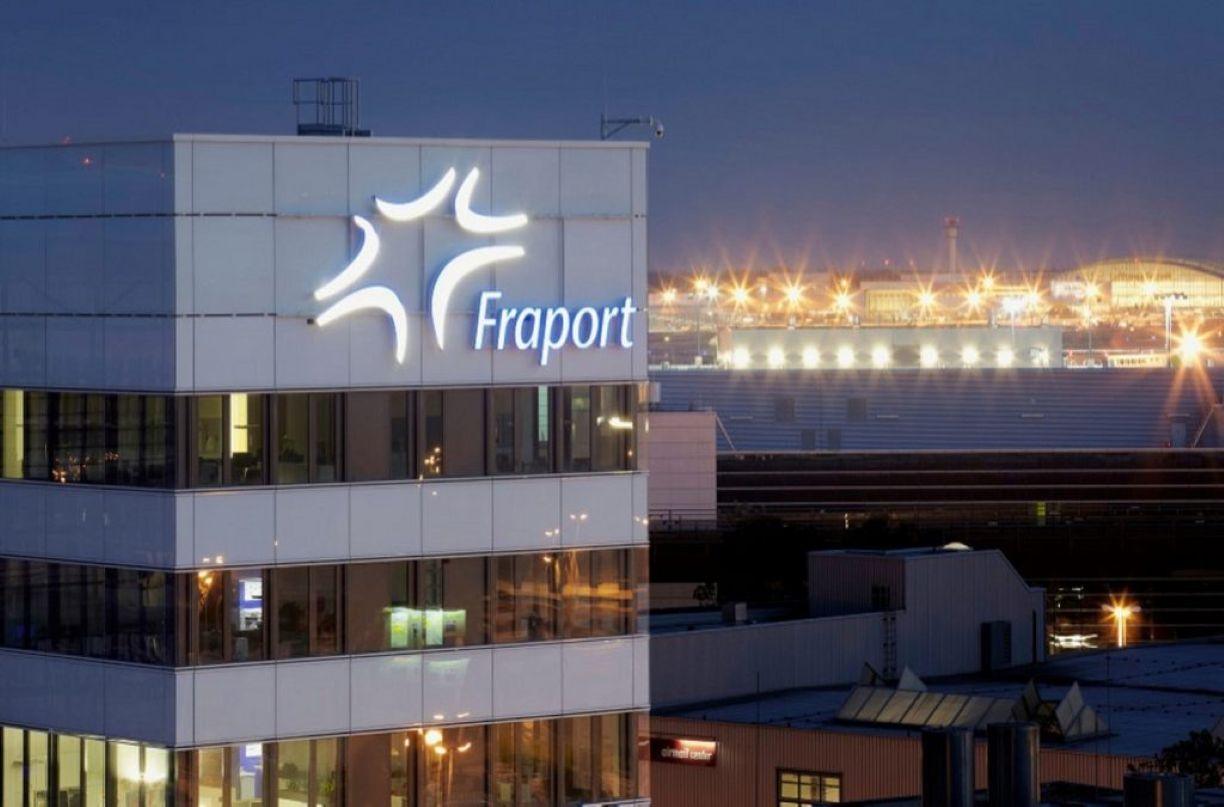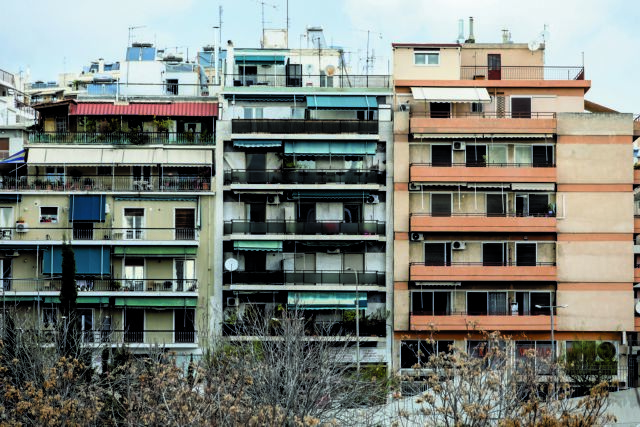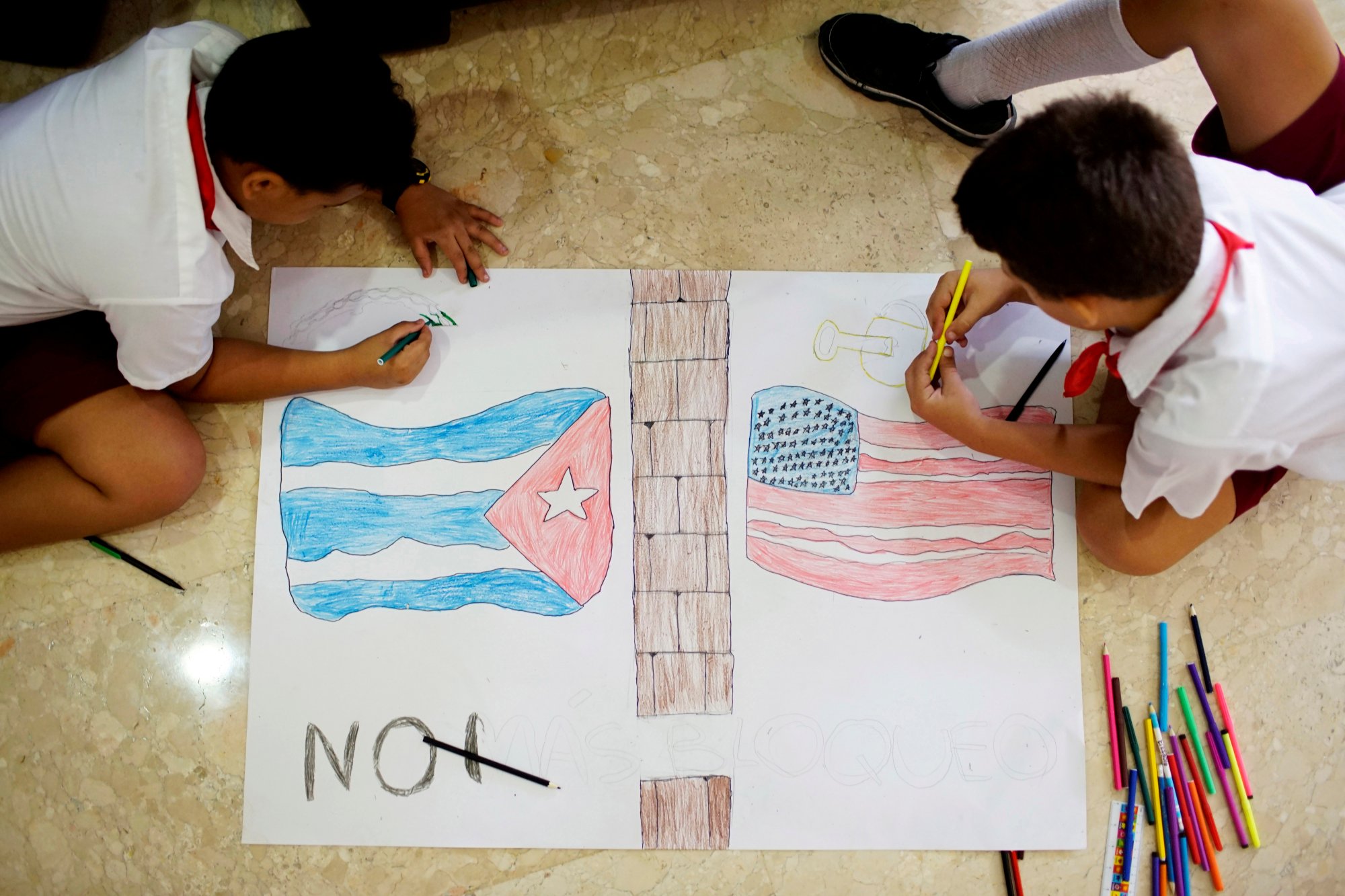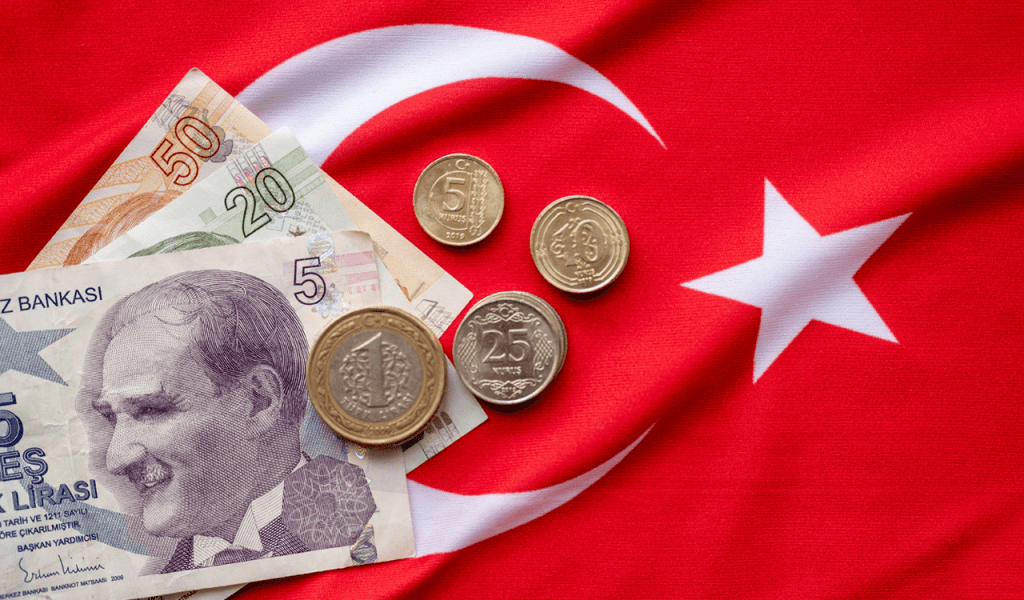Greece is days away from a key hydrocarbons tender deadline, with the final date for binding offers set for September 10 at 5 p.m. The auction concerns four offshore blocks south of Crete and the Peloponnese known as “South of Crete I,” “South of Crete II,” “South of Peloponnese” and “A2.”
Government Cautiously Optimistic
Environment and Energy Minister Stavros Papastavrou told state broadcaster ERT on September 3 that the government is “cautiously optimistic” about investor participation.
“This is a tender conducted with all safeguards. It is a decisive moment to see whether the country’s offshore wealth will turn into national capital for future generations,” Papastavrou said, hinting at confidence while maintaining measured expectations.
Chevron and HELLENiQ Seen as Likely Bidders
Informal signals suggest that U.S. multinational Chevron is eyeing three of the four blocks, while Greek energy group HELLENiQ ENERGY is linked to the fourth. Both companies have already acquired seismic data, a prerequisite for submitting binding bids.
Industry observers note that the decisive step from holding data to making firm offers remains significant. Still, the minister’s remarks, coupled with industry chatter, indicate increased likelihood that Chevron and HELLENiQ will participate, possibly even forming a consortium.
European majors BP and ENI also visited the tender’s data room, though it is unclear if they purchased seismic data or intend to bid.
Potential Gas Reserves
According to the Hellenic Hydrocarbon and Energy Resources Management Company (EDEYEP), conservative estimates place potential reserves in the Ionian Sea and Libyan Sea at 24 trillion cubic feet (around 680 billion cubic meters) of natural gas.
These figures, though based only on preliminary seismic analysis and not yet confirmed by exploratory drilling, would more than cover Greece’s domestic demand for decades. EDEYEP notes that confirmation could even turn Greece into a natural gas exporter by the end of the decade.
Background
The tender follows earlier exploration activity by ExxonMobil in the “Southwest of Crete” and “West of Crete” blocks. Greece views hydrocarbons as a strategic opportunity to strengthen energy security and expand its role in Southeastern Europe’s energy landscape, though prospects face uncertainty amid regional tensions, ongoing conflict, and strong opposition from environmental organizations.
